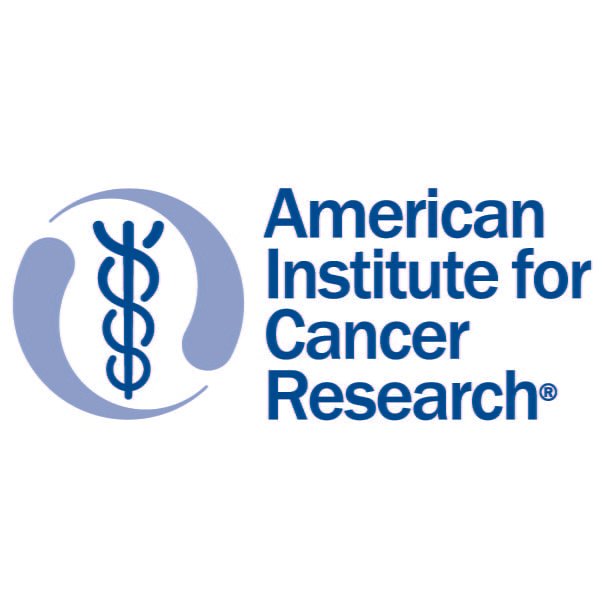For the past 40 years, the American Institute for Cancer Research (AICR) has been regarded as the global authority on the links between diet/nutrition, physical activity and cancer risk. Based in the Washington, D.C. metropolitan area of the United States, AICR – along with their international affiliate organizations in the UK, Netherlands, etc. – funds cutting-edge research and gives people practical tools and information to help them prevent and survive cancer.
Their Global Cancer Update Program database contains more than 12,000 papers on cancer prevention and survival. These papers have been synthesized and critiqued by more than 140 scientists from 17 different countries, and their resulting expert reports have significantly contributed to the current body of evidence about factors that increase and factors that decrease population-level cancer risk across 17 different kinds of cancer.
With this information in hand, AICR then works to disseminate it to a wide variety of stakeholders who rely on it everyday, including – by not limited to – researchers/scientists, clinicians and health professionals, government/policymakers, media/press, patient groups, corporate wellness professionals, the general public, patients, cancer survivors, caregivers and loved ones, and more.
AICR wants to live in a world where no one develops a preventable cancer. They focus exclusively on understanding and disseminating how modifiable risk factors like diet/nutrition and physical activity affect cancer risk and cancer outcomes.
To do this, they fund and facilitate research and then work to make sure it doesn’t stay in the lab and that it is instead actually used and applied in real-world settings. They do that by translating the evidence into a wide variety of programs, tools and other resources, many of which are free, patient-facing, and recommended and endorsed by clinicians around the world.

